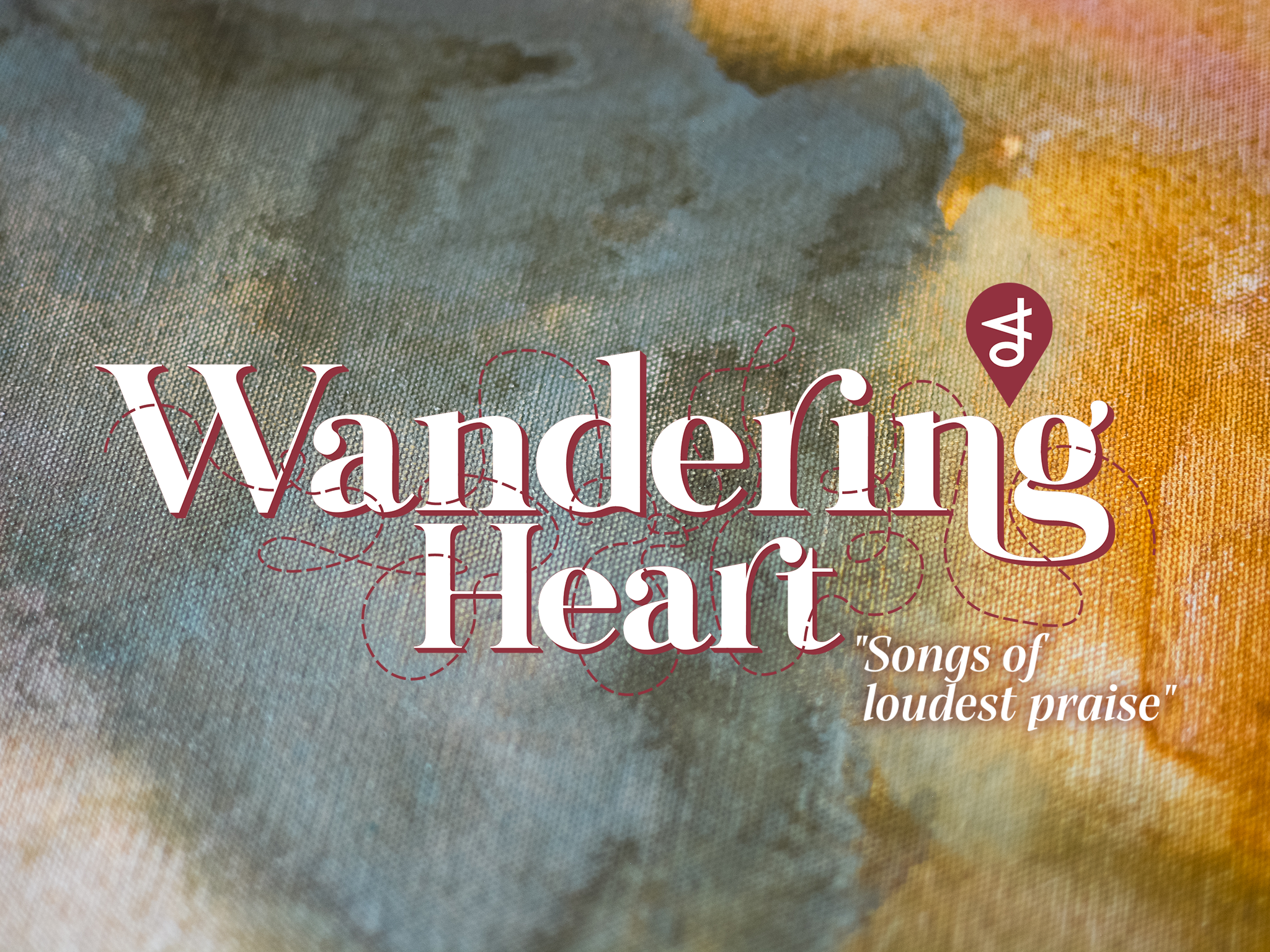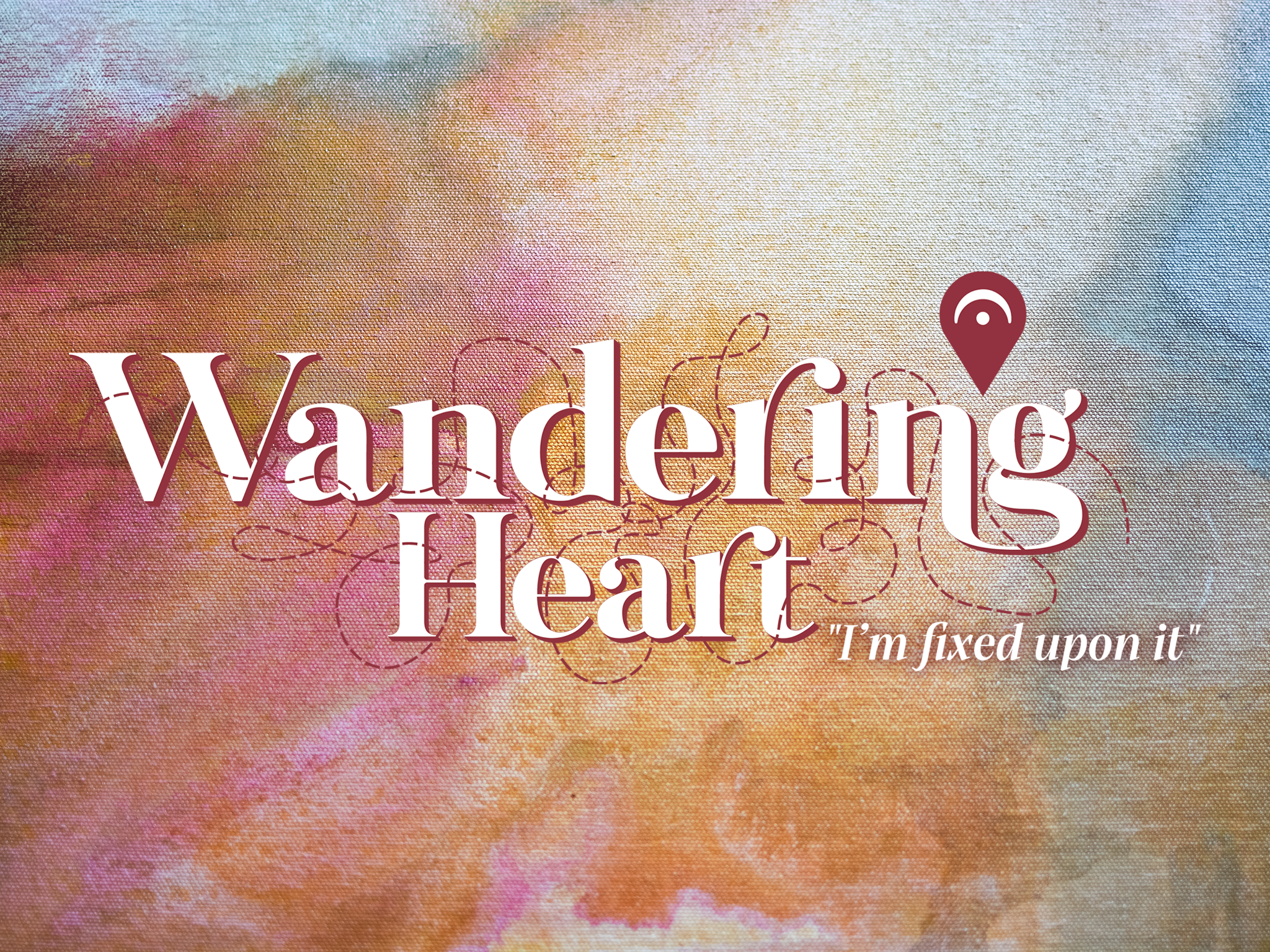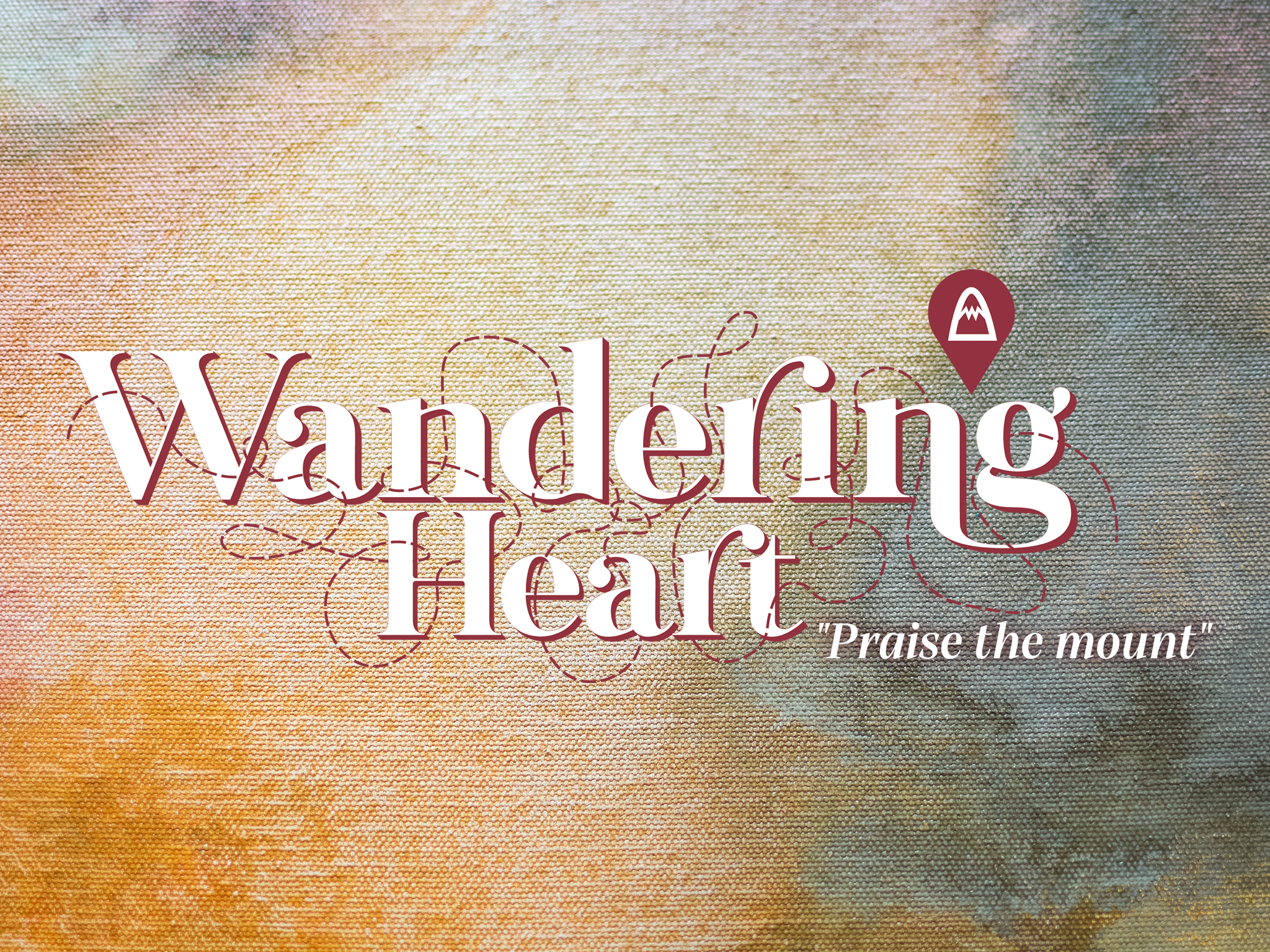Pentecost reflection
But first, the prayers
Genesis 11:1–9 (with Romans 8:14–17 and Acts 2:1–21)
One language and the same words. And this is only the beginning.
God sees the people clinging to their oneness and is troubled.
But surely, we hear again and again the call to be one, the people of God? Why is God troubled by ‘oneness’?
Perhaps God sees in this ‘oneness’ not unity but uniformity. Having only one language, which is to say culture, identity, and that’s only the beginning, what if we seek to be only one skin colour, sexuality, religion … The people are comfortable with their sameness, and want to stay the same as each other, want their way and language and life to stay the same as it is and has been. The people seek to close off to otherness, and to change – and God is troubled. This is not a path of growth, of life.
And so God scatters the people, confuses the languages into diversity. And this may seem a punishment, the way it is told. But I wonder if it is not. I wonder if diversity is not, after all, punishment – consider butterflies, forests, vegetable patches. Diversity is a core feature of creation, of life, is it not? And might that then mean that, if creation shows us something of the Creator from which life flows, diversity is a core feature of the Divine?
Uniformity is a problem. Diversity is the dream.
Staying put is a problem. Moving, exploring, delighting in discovery – that is God’s dream for humanity.
We may understand the impulse of the people in this story from Genesis. What if we don’t put down strong roots, don’t cement ourselves here, tie things down to be familiar always – we might have to *gasp* change?! We might get blown away, or some of us will. We will lose, be lost; and who will we be, then?
Our identity and belonging feel threatened. But I wonder if we might find identity and belonging beyond tangibles, beyond even certainty – if we might find them in the Sacred Mystery, Divinely diverse? And that is what God seeks to remind the people.
Is there a similar threat here to that of the Tree in Eden? Humans know too much and think we know it all, put ourselves in the position God rightly occupies in our lives – and we, paradoxically, forget who we are as we seek to hold on to our identity. There is a danger in too much certainty; certainty, which is enticing, because life is unstable in so many ways.
So we understand the impulse of the people who settle in the land of Shinar. Change is hard and it is scary. And the people want to build a tower, a city, with bricks cement their way of life and resist change.
But to resist change is to act from a position of fear.
We understand the desire of the people to maintain their uniformity. Difference is hard to navigate, can be unsettling.
To resist difference is to act from a position of fear.
God, in this story, seems concerned by the guiding force of fear to which the people are aligning themselves.
Sameness will not lead to their growth, and not to grow is not to live.
God’s dream for humanity, as for all creation, is for life! Full. Rich. Life.
And life – thriving, vital, life – needs diversity. Even I, as a relatively ignorant amateur gardener, understand that every healthy ecosystem contains rich diversity, for balanced, sustained, life.
It is one, whole and complete and together a system.
And it contains all the different things like bacteria and plants and soil and birds and bugs and worms, and uses sun and rain and seasons for activity and rest, for birthing new life and receiving the nourishment of what has died.
Because death is part of life. Because plants feed bugs and bees pollenate plants and worms till the soil for healthy roots. Because rest moves us as much as activity does. Because one cannot thrive without other/s. It is the design of our Creator. Oneness is not sameness, is not uniformity. Our oneness requires, if it is to thrive, and each one within it, diversity. Paradoxically – and how unusual for God, right? – oneness is diversity.
When Paul speaks of Spirit, it is of the One Spirit into which each individual follower of Christ is baptised. And it is one Spirit that encompasses the followers of Moses, also, as the wrestling of his letter to Rome hopes. Whatever Christ’s coming means, Holy One is as Holy One has ever been, and that is faithful, steadfast, committed to covenants made with Holy One’s people.
I have been away from SA for 7 ½ years. Three of those years were spent doing a PhD in Edinburgh, Scotland, in which I developed a new method for interpreting the Bible. To test my Embodied Performance Approach, I used Romans. I learnt it – abridged, but the breadth of the letter from Chapter 1 to 16, performed it (spoke it by heart with an audience) and reflected on how my emotions, physicality, and audience shaped the meaning I found in the letter for its reception today.
I have found that internalising Paul’s letters in this way helps me to find my way through his sometimes tangled arguments. It invites me to feel his embodied range of passionate commitment to Jesus Christ, love for the communities he serves, frustration with the people’s failure to understand or enact Christ’s teaching and delight when they are known for Christ-like radical love, anger at harmful practices, and soul searching (as in Romans) through complexities of Israel’s relationship with God now.
The letter to Rome presents imagery and language we find in other letters from Paul, the One Spirit into which we are born or adopted, one Spirit that bestows diverse gifts, even brings the diverse stories and practices of Jews and Gentiles together in these new communities.
I observe a consistency between this core feature of those Jesus-following communities and God’s impulse for diversity shown in the Genesis story today. And what I found, embodying the letter to Rome, is that Paul is deeply committed to mutuality – which requires difference, otherness, from one another, distinct entities in relationship of giving and receiving.
All through chapters 1 – 8 Paul is addressing a community of difference. Jews having been exiled from the city of Rome are now returning, and they have changed and the Jesus communities that remained, have changed during the time of exile. They’ve got used, perhaps, to being more the same as each other than they are with their Jewish friends back among them (and vice versa, probably). It’s been easier perhaps. More comfortable. Less translating and adapting and making allowances for different histories and practices.
But has it been as rich? Paul not only urges the people to tolerate the differences, but to welcome them, to embrace each other as adopted kin with our differences because uniformity is a problem. Diversity is God’s dream for our fulfilled, thriving life in One Spirit. Adopted in, all wanted, welcome, worthy of love.
This One Spirit makes herself known as the sound of wind, the sight of flame, the voice understood in one’s own language. Not, by the way, that all are suddenly able to hear the one, the same, language. No. Each one hears, each one is met as they are in their language – their identity, their belonging, their culture. All of them. Each of them. Because Holy One created them. Not to unsettle our belonging, our identity, but to show us what our true belonging and identity as one, humanity, creation, really is. Not uniform. But diverse. Rich, thriving, life-giving diversity. That is the gift. that is God’s dream. That is the Table to which we are invited, the way we are called to live, to reconcile and heal community. And a reconciled community is not one in which we seek to make us the same, not even to make us one: the gift, the dream, the Table invite us to remember we are one, with our differences as gift, as necessity, for full rich life.
In a brief time of silence now, I invite you to consider:
how do you differ from your kin in Christ in this community of faith? and you could consider other communities to which you belong – neighbourhood, walking or craft or volunteer group, choir, Australia …
what is a gift you receive from another – an other – here?
what do you bring that is uniquely yours to give?
I invite you to linger with gratitude for those different gifts, and allow gratitude to mitigate our fear of difference, of rejection or insignificance or change or whatever it is we fear in the face of an other – God’s dream is the diversity we have, which paradoxically can make us more deeply and with more strength, one. Amen




Thanks Sarah. Words of wisdom.